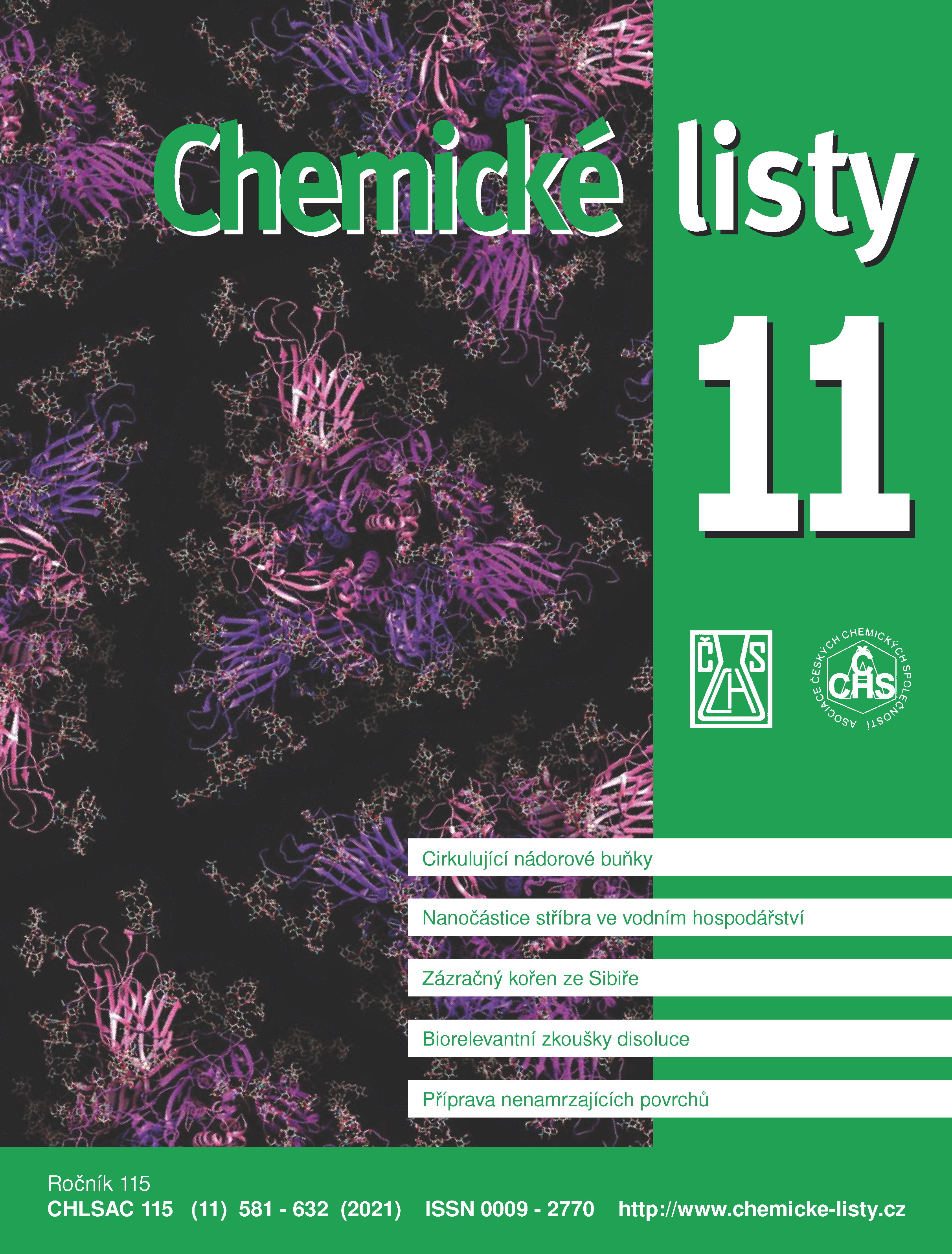Potenciálně negativní dopad dlouhodobého používání nanočástic stříbra ve vodním hospodářství
Klíčová slova:
stříbro, nanočástice stříbra (AgNP), ionty stříbra, organismy, vodní hospodářstvíAbstrakt
One of the reasons for the intensive application of silver nanoparticles (AgNP) in a wide range of various fields, such as healthcare, food industry, cosmetics, textiles, electrotechnical industry, and engineering, are their significant antimicrobial effects. They are also promising for water treatment, where they could contribute to water disinfection in the form of thin layers applied on various materials, and thus reduce chlorine dosage or membrane fouling. However, their widespread use may pose certain risks to the environment, in particular to aquatic ecosystems. Despite transforming into different forms (Ag+, Ag2O, Ag2S) depending on environmental conditions, there is a risk that AgNP released from the surface of materials could affect vulnerable biological proceeding also taking place in wastewater treatment plants (WWTPs). The toxic effect of AgNP varies greatly being dependent on organism complexity, while AgNP size and surface charge also play an important role. The article summarizes the existing knowledge about AgNP effects on organisms, their possible use and risks in water management.





